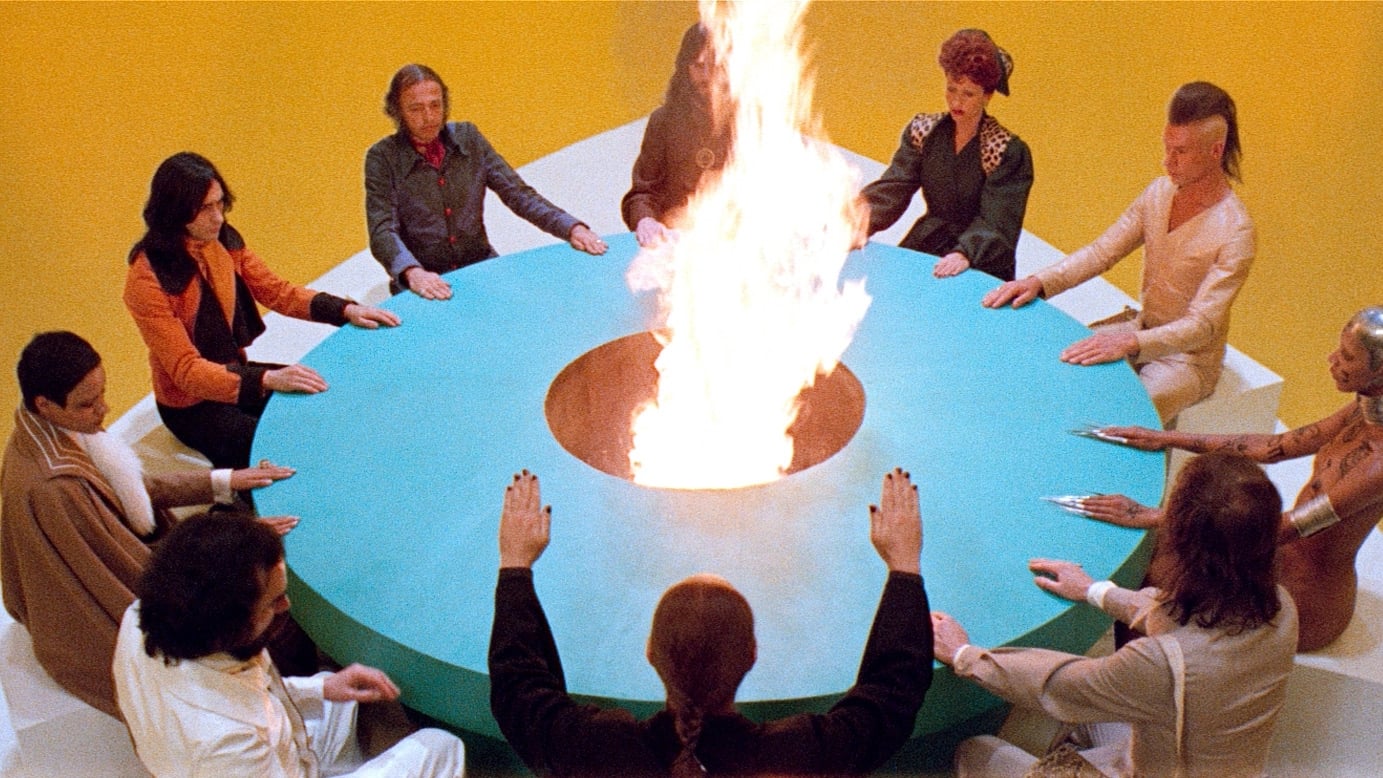The distinction between a festival and a holiday can sometimes feel blurred, leading to confusion. One English language learner noted that their textbook used the terms interchangeably. However, by delving into their core meanings and typical usage, a clearer picture emerges.
While both relate to special occasions, a holiday is often characterized by a designated day off work or school, frequently commemorating a religious, historical, or cultural event. Conversely, a festival is more typically an event or series of events focused on celebration, often within a community, and usually involving entertainment and food.
Let’s explore these concepts in more detail, drawing on insights from various discussions.
Understanding Holidays: Commemoration and Time Off.
The term “holiday,” particularly in US English, generally refers to a specific day on which people typically do not have to work or go to school. These days often hold significance, marking religious occasions like Christmas or Easter or commemorating special events such as Independence Day (the Fourth of July). Similarly, in other English-speaking countries, a holiday can signify a public holiday where time off is granted. For instance, Christmas, New Year’s Day, and Independence Day are typically referred to as holidays.
Holidays are often established by tradition or law for the whole country to celebrate. Examples include Bastille Day in France, commemorating national freedom, and Australia Day, marking the first British establishment in the country. In the United States, while there are no strict “national holidays” at the federal level, Congress can declare legal public holidays for the District of Columbia and federal employees.
These include New Year’s Day, Independence Day, Thanksgiving, and Christmas. Historically, many modern holidays originated in religious celebrations, with the very word “holiday” originally meaning “holy day.” Over time, holidays celebrating historic events and other occasions also developed.
It’s worth noting that British usage sometimes differs. Some might only consider a day a holiday if people are given time off work.
Exploring Festivals: Celebration and Community Events.
In contrast, a festival is generally understood as an event that people attend to celebrate or experience something. These are often community-focused celebrations involving entertainment and food. While a festival can occur on a holiday, it is usually more of a specific event organized for that time.
Examples include art festivals, jazz festivals, autumn harvest festivals, spring festivals, cherry festivals, and hot air balloon festivals. One famous example in the United States is Mardi Gras in New Orleans, a time of feasting and fun before Lent. Other examples include harvest festivals honoring crops, flower festivals like the Portland Rose Festival, and music and arts festivals like Michigan’s Interlochen Arts Festival.
The origins of festivals can be traced back to ancient times, initially connected with offerings to the dead. Later, people celebrated the change of seasons with festivals, with planting and harvest times being occasions for special rejoicing. Many modern festivals also have roots in religious celebrations, often involving sacred communal meals, from which the term “festivals,” also called “feasts,” was derived.
Some sources suggest that “festival” can refer to either a religious celebration like Christmas or a festive event. However, the prevailing sentiment in discussions suggests that while Christmas is a holiday, specific celebratory events occurring during Christmas could be considered festivals (e.g., a “Downtown Rochester Winter Festival” during the Christmas week).
Key Distinctions Summarized.
To reiterate the core differences:
- Holiday: Primarily a designated day off, often legally or traditionally recognized, typically commemorating a religious, historical, or cultural event. The emphasis is on the day itself and its significance.
- Festival: Primarily an organized event or series of events focused on celebration, community engagement, entertainment, and often involving food. The emphasis is on the activities and the celebratory atmosphere.
While a textbook might mistakenly use the terms interchangeably, understanding their distinct characteristics provides a clearer grasp of English language usage. A holiday sets the stage for potential celebration, while a festival actively provides the means and atmosphere for that celebration within a community.

I am a highly experienced film and media person who has a great deal to offer to like-minded individuals. Currently working on several exciting projects, I am a film and media practitioner for over a decade. I have achieved a great deal of success in my professional career.





